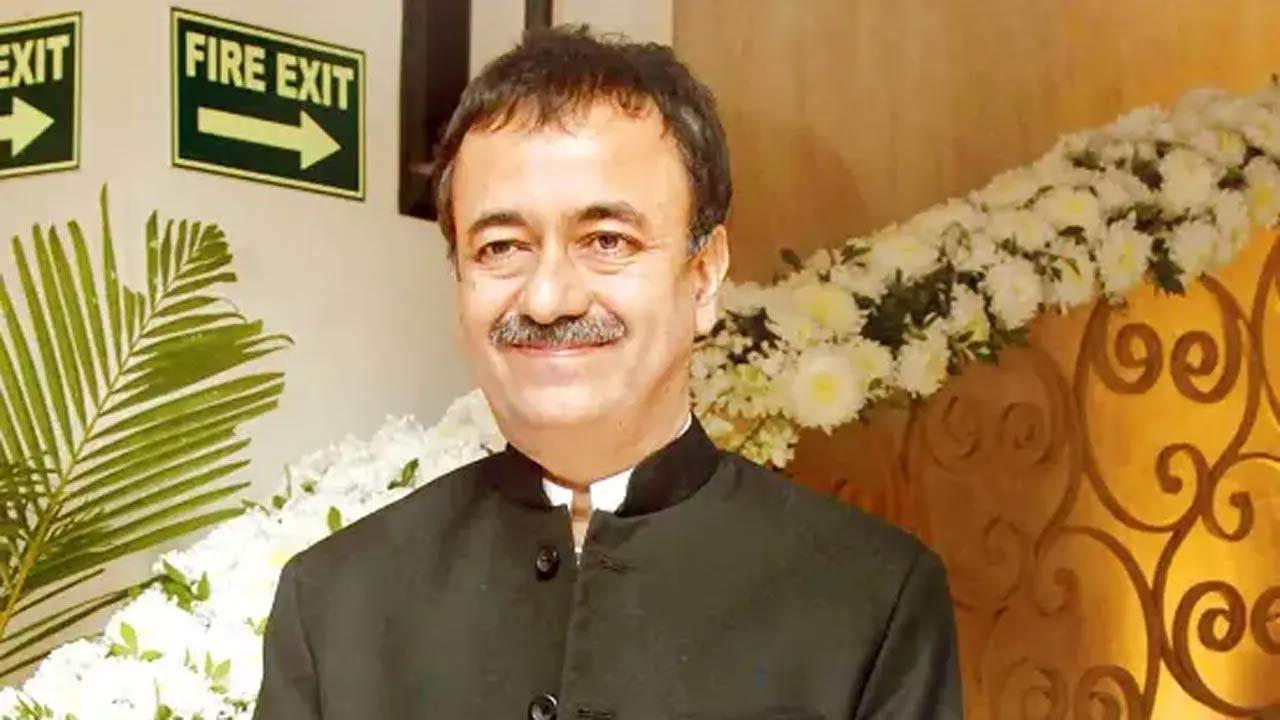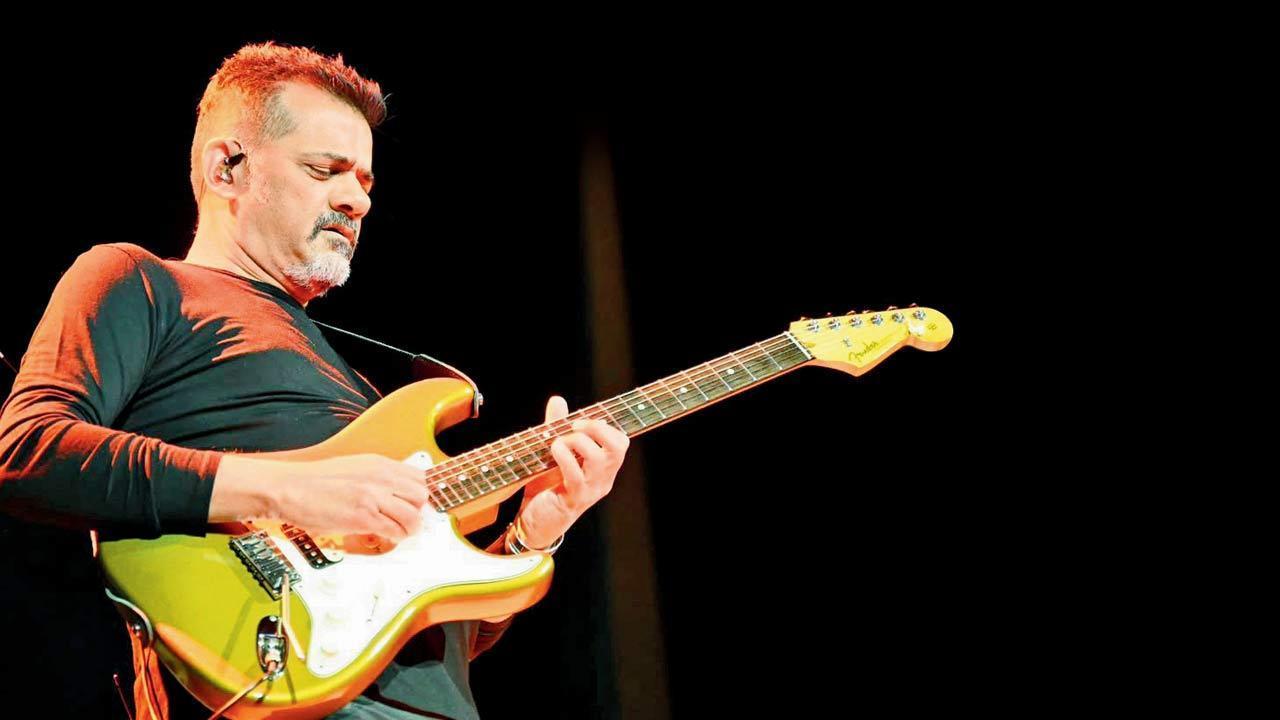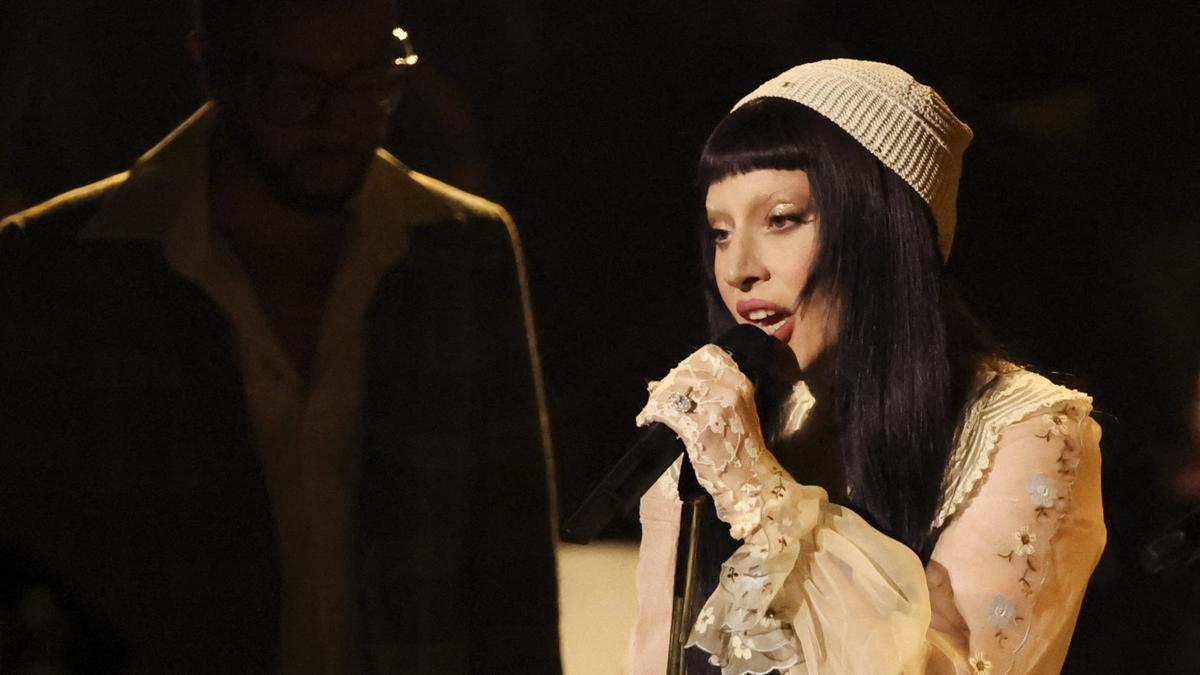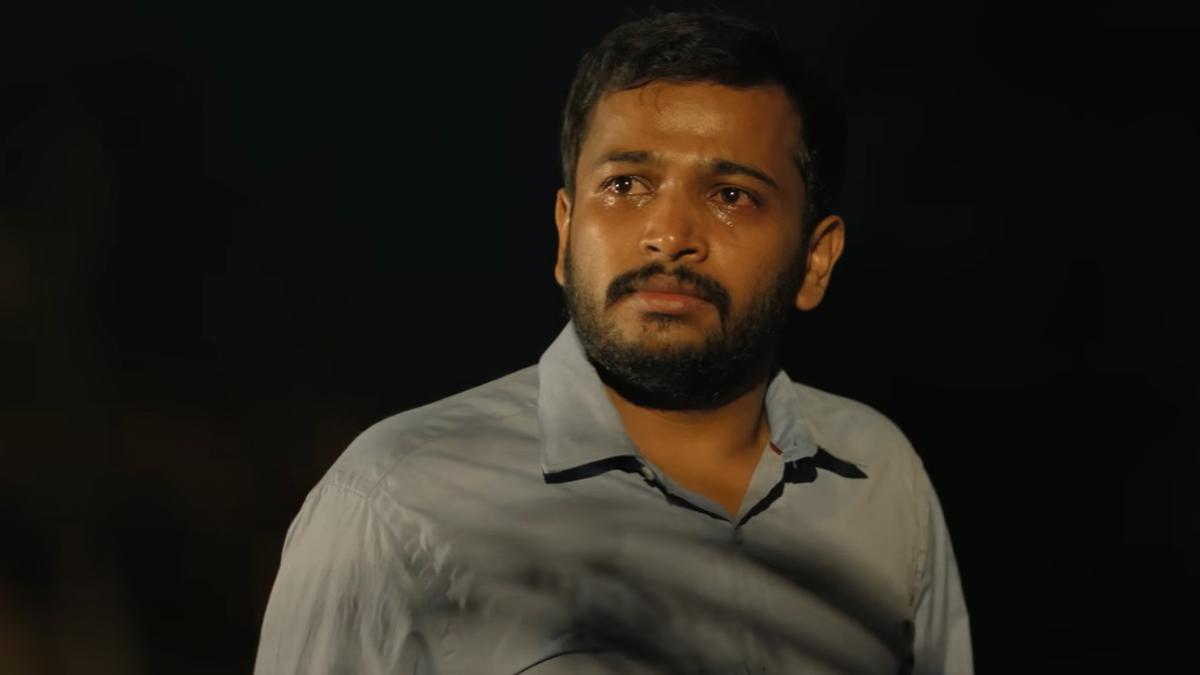
In the heart of New Delhi, tales of clandestine journeys and the incalculable yearning for a better life resonate with familiarity. The sprawling metropolis, often a crucible of dreams and despair, finds its latest portrayal in “Dunki,” a term steeped in the jargon of illegal migration. It’s an evocative narrative that draws on the often perilous pursuit of a better future, known to many as Dunki Marna.
Rajkumar Hirani, synonymous with rendering complex societal issues with a blend of earnest storytelling and light-hearted moments, returns with a masterstroke after a hiatus of five years. Collaborating with Bollywood’s beacon of charm, Shah Rukh Khan, Hirani unfurls a compelling tale of hope against a stark backdrop of the migrant crisis.
The central figure of “Dunki” is Hardyal Singh Dhillon, fondly dubbed Hardy, played with characteristic charisma by Shah Rukh Khan. Hardy navigates through the film’s landscape, shepherding a trio – Mannu (Taapsee Pannu), Buggu (Vikram Kochhar), and Balli (Anil Grover) – whose dreams are tethered to the shores of England. The earnest ensemble is propelled by the belief that their promised land awaits, though their legitimacy in reaching it dangles on the fragile thread of bureaucratic red tape.
When the labyrinth of legal migration proves daunting, the foursome opts for the circuitous and hazardous “dunki” route. As they traverse from Pakistan to Afghanistan, Iran to Turkey, and Portugal, eventually inching towards England, the odyssey becomes a mirror to their mettle and resilience. Driven by tales of prosperity and serene landscapes that had beckoned many before them, they soon confront the discord between their expectations and reality.
Amidst their struggle, the screenplay delivers an impassioned plea for empathy: “God has created the world for all,” Mannu asserts, encapsulating a yearning for inclusivity and shared prosperity. Hardy articulates a simple yet profound wish to a judge – a fair chance to pursue one’s dreams regardless of geography.
“Dunki” projects a vivid portrait of a world fragmented by ethnicity and religion, casting a critical eye on the disregard for shared humanity. Hirani’s signature directorial touch infuses humor and pathos into these reflections, steering clear of grandstanding and overwrought dialogue.
Amongst the array of performances, the film treks beyond the allure of Shah Rukh Khan’s star power, as it is graced by the poignant presence of Vicky Kaushal. Though his screen time is brief, his portrayal of Suki resonates long after the curtains fall, leaving an indelible mark on the narrative.
The film’s pacing oscillates between a measured start and a robust second half that finds its stride in the lived experiences of many viewers – the universal resonance of “no place like home.” Irrespective of the subjective definitions of ‘home,’ be it laden with imperfections or aesthetic idyll, the film grounds its emotional core in the belongingness that people feel toward their roots.
In summary, “Dunki” is not just an attempt at storytelling but a delicate curation of the human condition under duress, a reminder to cherish the places we inhabit, and a call to extend our hearts across the artificial constructs of borders. Hirani and Khan, alongside their vibrant ensemble, urge audiences to cast aside judgment and embrace a collective sense of purpose and humanity.
This is a film that sways audiences through both laughter and tears, an elegy for those who brave treacherous paths for more than just survival – for a chance to thrive and weave their threads into the rich tapestry of life, irrespective of the dictates of destiny or the lines on a map. “Dunki” thus stands as an evocative testament to the power of cinema in stirring hearts and kindling introspections on the narratives we choose to tell and to heed.










